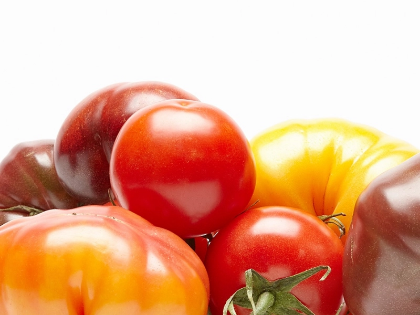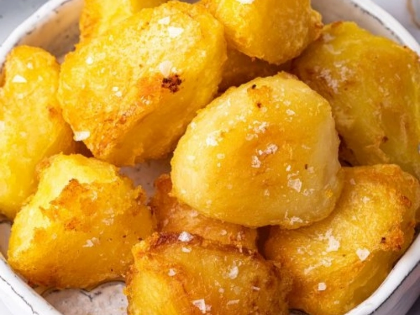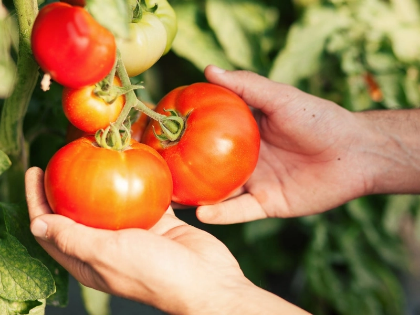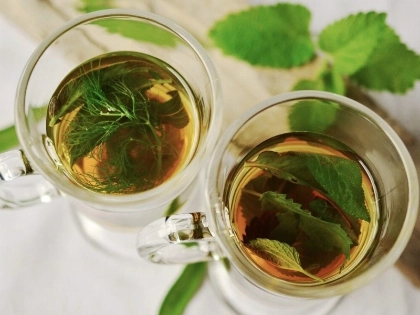Is Potato OK For Diabetics?
One prevalent myth is that because potatoes have a high glycemic index (GI), diabetics cannot eat them. Starchy vegetables can still be a component of a balanced diet for someone with diabetes.
Depending on the variety and preparation method, potatoes' GI can change. In contrast to starchy potatoes like Russet, waxy potatoes like Carisma and Nicola, as well as sweet potatoes, have a lower GI.
Glycemic Index
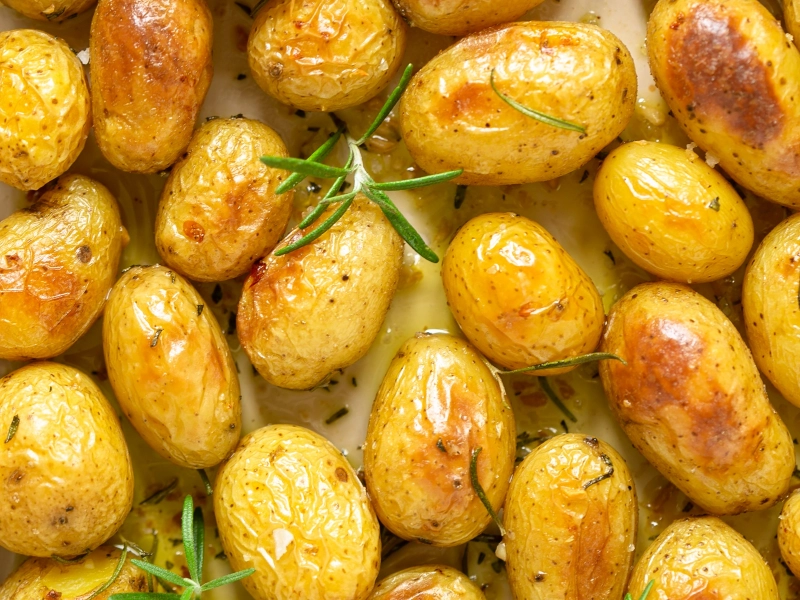
The majority of people believe that potatoes are a poor choice of carbohydrate for diabetics. They are regarded as foods with a high glycemic index because they can cause blood sugar levels to soar. The GI of a roasted russet potato is 33. The GI of a boiled potato is 82. Although this is still too high for someone managing diabetes, it is not as high as jelly beans (GI of 100) or a doughnut (GI of 111).
The good news is that potatoes may be a nutritious component of a diabetes diet if you pick the proper variety and method of preparation. For instance, smothering a potato in fat or serving it with meat can slow down its rapid digestion and reduce its glycemic index. As it helps minimize the sharp rise in blood sugar that many carbohydrates cause, this can be beneficial for diabetics. The combination of potatoes with a lean protein and lots of vegetables is another crucial element.
Carbohydrates
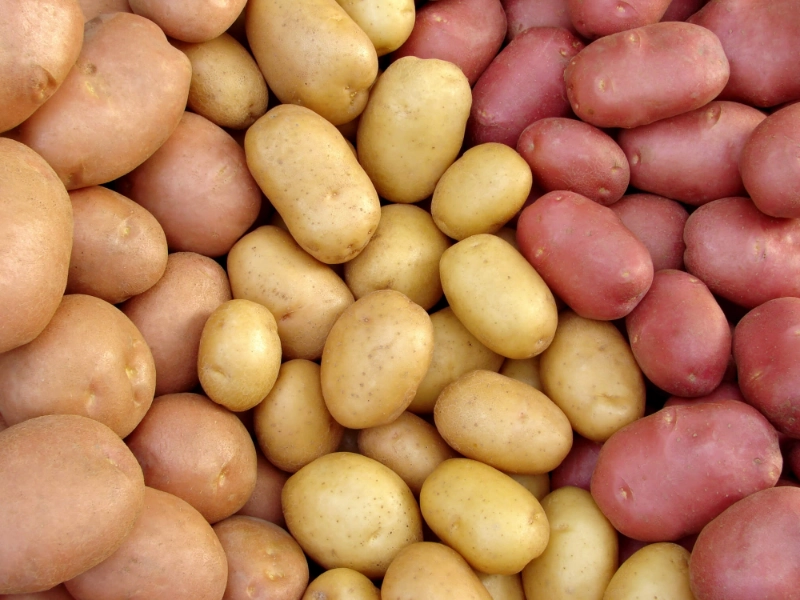
Those who have diabetes need to watch how much carbohydrate they consume. Carbohydrates, the primary fuel for the body, have a significant effect on blood sugar levels. According to standard guidelines, each gram of carbohydrate increases blood sugar by 3–4 mg/dl.
Although potatoes are classified as starchy foods, they have a lower glycemic index than the majority of other starches and can be included in a diabetic patient's healthy eating plan. However, it's crucial to limit the amount of potatoes you eat and pick low-fat toppings.
Additionally, potatoes are a wonderful source of vitamin C. Potatoes can assist people who don't consume enough fruits and vegetables in obtaining the daily recommended amount of this vitamin.
Fats
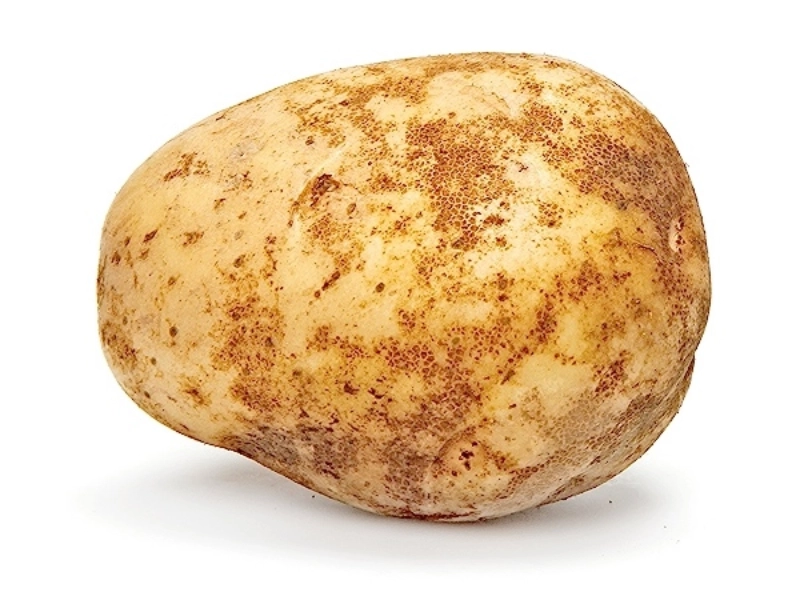
Potatoes, a form of complex carbohydrate, contain a small amount of fat. They contain a lot of potassium, calcium, and phosphorus, as well as a lot of vitamin C. Osteoporosis and bone loss can be avoided in this way. Alpha-lipoic acid, an antioxidant, and the flavonoid quercetin are both abundant in potatoes.
All starchy vegetables, including potatoes, should be consumed in moderation by people with diabetes as part of a balanced meal. To slow down how quickly they are absorbed into the system, they should also be consumed alongside foods high in protein and fiber.
The variety, way of cooking, and other variables can all have a substantial impact on the glycemic index (GI) of potatoes. Sweet potatoes and other waxy varieties, such as Nicola or Carisma, have a low GI, whereas russet potatoes and other varieties have a medium GI. A food's GI measures how quickly it boosts blood sugar levels. Diabetics benefit more from eating low-GI foods. They can support maintaining adequate insulin activity and help lessen glucose spikes.
Fiber
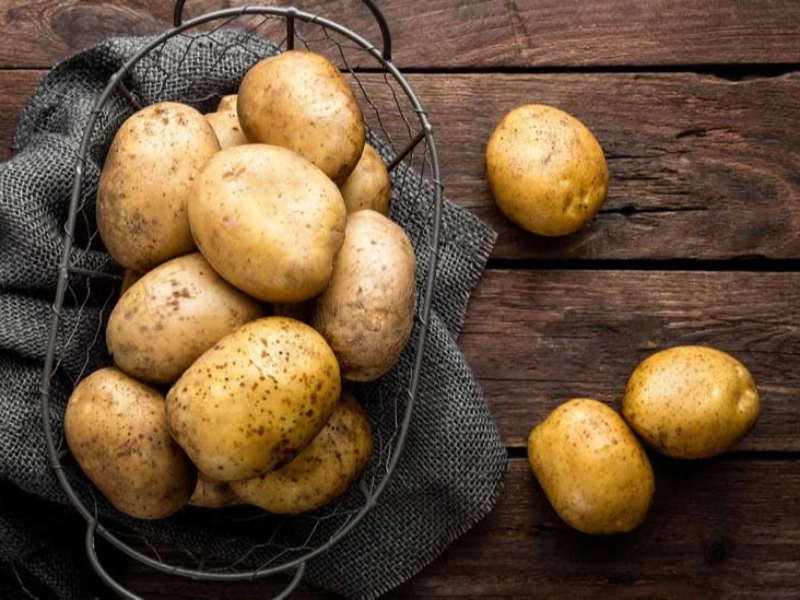
Fiber from potatoes is a solid source that can help control blood sugar levels after meals. Diabetics should strive for 30 to 35 grams of fiber each day.
Potatoes, like all vegetables, provide a range of elements that are vital for good health. The nutrients potassium, vitamin B6, and vitamin C are abundant in both white and sweet potatoes. Furthermore, both kinds offer a supply of beta-carotene.
However, how potatoes are cooked might affect how many nutrients they contain. Mashed or deep-fried potatoes may have more calories and carbohydrates than other potato recipes. Additionally, they typically include more saturated and trans fats.
Cooking and eating potatoes with their skins on is the best way to maximize their nutritional value. The majority of the vegetable's beneficial fiber is found in the skins. To retain more water-soluble vitamins and minerals, scrub the skins and bake or mash them with low-fat foods such as light sour cream.
